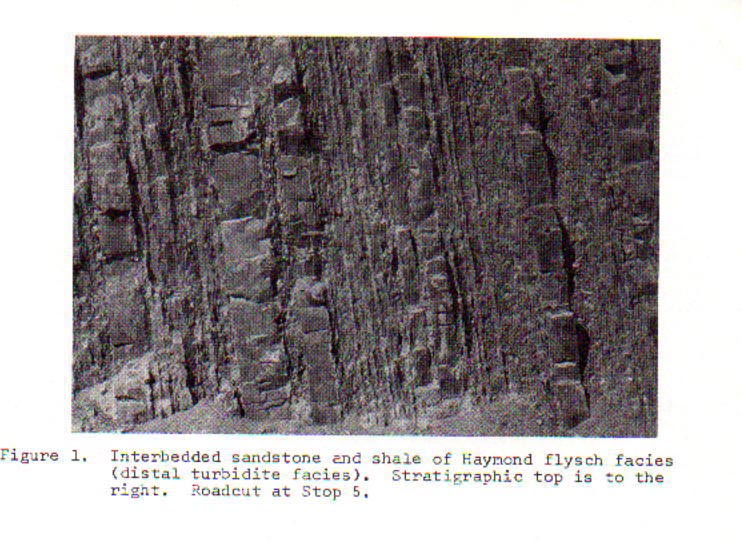I haven’t seen Glenn Morton referenced here yet–the man who worked for oil drilling and came to realize that flood geology doesn’t work.
Here is one note of his.
Thanks.
Ernie. go look up the Creation Research Society web site. You will find I published quite a bit back in the 1970s and 80s. Look up Glenn R Morton (one paper I Robert Morton). I worked in the oil industry and when I was 29 was in charge of recruiting and training geophysicists for Atlantic Richfield, which at the time employed 50,000 people, probably 1000 geophysicists. I hired geophysicists from Christian Heritage College, Henry Morris’ college. After a few years, they either left the industry because they couldn’t justify what they saw with what Henry taught, or they gave up the young earth. We didn’t indoctrinate them, it was the data that did it. And at the time, I was still a YEC myself. But by the mid 1980s, I threw in the towel.
The geologic data simply doesn’t support a young earth. Throughout out the geologic column, are burrows. There is one formation which which concerned me greatly, the Haymond formation of west Texas. It consists of about 15000 layers of sand and shale o
“Two thirds of the Haymond is composed of a repititious alternation of fine- and very fine-grained olive brown sandstone and black shale in beds from a millimeter to 5 cm thick. The formation is estimated to have more than 15,000 sandstone beds greater than 5 mm thick.” p. 87.
"Tool-mark casts (chiefly groove casts), flute casts and flute-lineation casts are common current-formed sole marks. Trace fossils in the form of sand-filled burrows are present on every sandstone sole, but nearly absent within sandstone beds. ~ Earle F. McBride,“Stratigraphy and Sedimentology of the Haymond Formation,” in Earle F. McBride, Stratigraphy, Sedimentary Structures and Origin of Flysch and Pre-Flysch Rocks, Marathon Basin, Texas (Dallas: Dallas Geological Society, 1969), p. 87-88
Give each layer 1 day for recolonization of burrowers the debosit would require 41 years. Haymond formation is about 1300 m and the entire geologic column is about 5000 m thick. If it was deposited by Noah flood then the math would be like this: 1300/5000*326=95 days this means 157 couplets / day. with burrows. Each day 157 times, one must have shale laid down, worms burrow into the shale and have the sand come in and fill in the burrows with sand, and the worms are never seen escaping the sand-catastrophe, so the next layer of shale must be laid down, worms burrow into it and sand fill those burrows, over and over for 95 days. There are NO shale filled burrows into the sand.
This seems impossible to do given the turbulence of the global flood. Below is what the formation looks like and notice after it solidified (diagenesis takes more than a year) it was uplifted and turned on its end.
